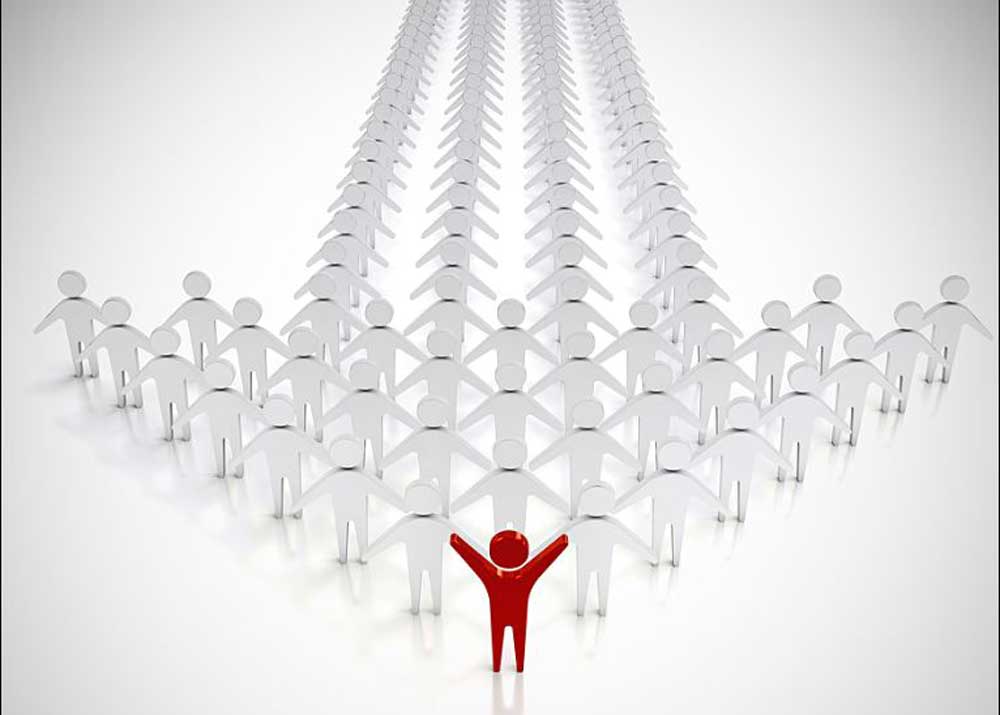
Get Alerts When Andrea Posts Reflections
Reflection on Influence and Character
I have long been critical of religious fundamentalists who homeschool to buffer their children from the influences of popular culture. It seemed like an indictment of the rest of us, and I had a rather emotional - even visceral - reaction to it.
I also sincerely doubted the value of the education those children were receiving. Creationism? Bigotry backed by uninformed theology? Were their parents educated enough to actually produce a new generation of intellectually engaged and informed citizens? I had given a lot of thought to this.
I'm not anti-religious. I am personally a product of a truly fine Catholic education - an education that I credit with helping me become the strong critical thinker and social participant that I am today. The combination of my Catholic education and my Jewish background have given me a rich platform from which to live my life. Now I know that my criticism is more about their belief systems and not of their desire to buffer their children.
I come to this conclusion based on new insights as I provide learning assistance and coaching to my grand-daughter. No, I am not her teacher - as well-educated as I am, I do not consider myself sufficient to develop a strong curriculum. We rely on K12 International Academy for that, and they are well worth the money. But the act of being with her each day, of discussing her lessons with her and observing her learning process, has created in me a strong awareness of how much of her social experience we are buffering her from - and how excited I am about that.
She's not exposed to the bullying - of herself or of others. She's not hearing people use racial, religious, sexual identity, or cultural slurs, or words that speak meanly of people due to their weight, social class, intellectual abilities, or family situations. When we discuss history, we have rich discussions about not only what our country has done right, but also what we've done wrong and how we have to work as citizens to correct those things. When we discuss literature we can delve into the human condition and explore issues of motivation, ambition, mental health, sexuality, and all of the characteristics that make people so complex, interesting, and memorable. We can learn real science and still hold a place for the wonder of spirituality. I want my grand-daughter to be exposed to the richness and diversity of humanity, and I am highly desirous of her exploring the ambiguity and subjectivity of life in general. I don't want her to grow up on rules - I want her to grow up with principles and character.
This makes me exactly the same as the fundamentalist home-schoolers in terms of motivation if not in terms of belief systems. We didn't come to this educational approach because of the desire to buffer - rather, my grand-daughter wants to skip ahead a few years and this was the most effective way to do so. But now that I've arrived at this conclusion, I'm not sure I could let it go easily.
Of course, she will have to learn to deal with social conflict, racial bias and bigotry of all sorts, cruelty, and situations with a rock on one side and a hard place on the other. But at the tender age of 11, I am excited about the opportunity to help her explore these concepts through history books, literature and science, and not first-hand. I am hopeful that this opportunity to conceptually grapple with these ideas will arm her with the conscience - and consciousness - to respond with grace and strength to inequity, ignorance, cruelty, and small-mindedness when she experiences them in the real world.
Yes, I have joined the ranks of people who wish to buffer our children from the world. Now I have to grapple with whether or not that is the best thing for us to do.
